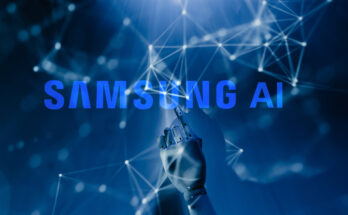The first AI chatbot to achieve such widespread popularity was ChatGPT, which set the bar for all subsequent rivals and became the one to beat. Currently, two new chatbots—one of which hasn’t even been released—claim to be superior to ChatGPT.
Since the launch of Ernie Bot in March, Baidu Inc., the largest search engine provider in China, has been attempting to create a viable alternative to ChatGPT. The business asserts that Ernie 3.5, the most recent version of the chatbot, outperforms ChatGPT.
The company claimed in a release that its chatbot outperformed GPT-4 on several Chinese-language capabilities and outperformed ChatGPT built on GPT-3.5 in “comprehensive ability” rankings.
The corporation used a research from the Chinese national newspaper China Science Daily to support its claims. In the report, two benchmarks were used to test the effectiveness of AI models: AGIEval and C-Eval.
For three months, Ernie 3.5 has been in open beta testing. The corporation asserts that since then, it has increased in “efficacy, functionality, and performance.” The chatbot will support plugins just as ChatGPT, the business said in the announcement.
Google is also attempting to replace ChatGPT. Google Bard, the internet giant’s first attempt at a ChatGPT rival, fell short in its attempt to unseat ChatGPT and turned in a lacklustre performance.
The performance of the chatbot didn’t significantly improve even after Google changed Bard from a basic LLM, LaMDA, to a considerably more sophisticated LLM, PaLM 2.
In a recent interview with Wired, Demis Hassabis, co-founder and CEO of Google DeepMind, asserted that the company’s upcoming model will be more advanced than ChatGPT.
Hassabis is referring to the Gemini model, which was first introduced during Google’s keynote presentation where the company announced a number of AI-related initiatives.
In the interview, Hassabis disclosed that DeepMind is employing strategies from AlphaGo, the company’s highly powerful AI system that became the first to defeat a Go professional, to construct Gemini.
Gemini, according to Hassabis, “at a high level, combines some of the strengths of AlphaGo-type systems with the amazing language capabilities of the large models.”
According to the source, DeepMind is still working on Gemini, and it may take several months.
The Gemini development comes after DeepMind and Google’s Brain Team merged in April to form a new organisation called Google DeepMind, which focuses on machine learning and AI.




